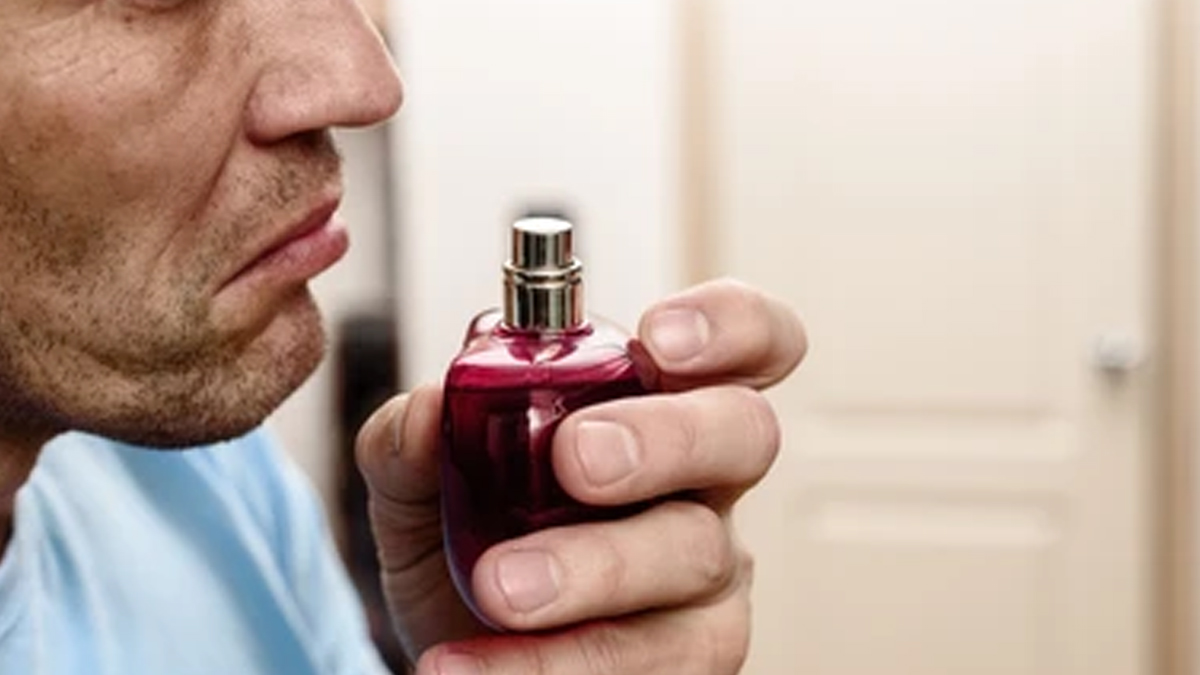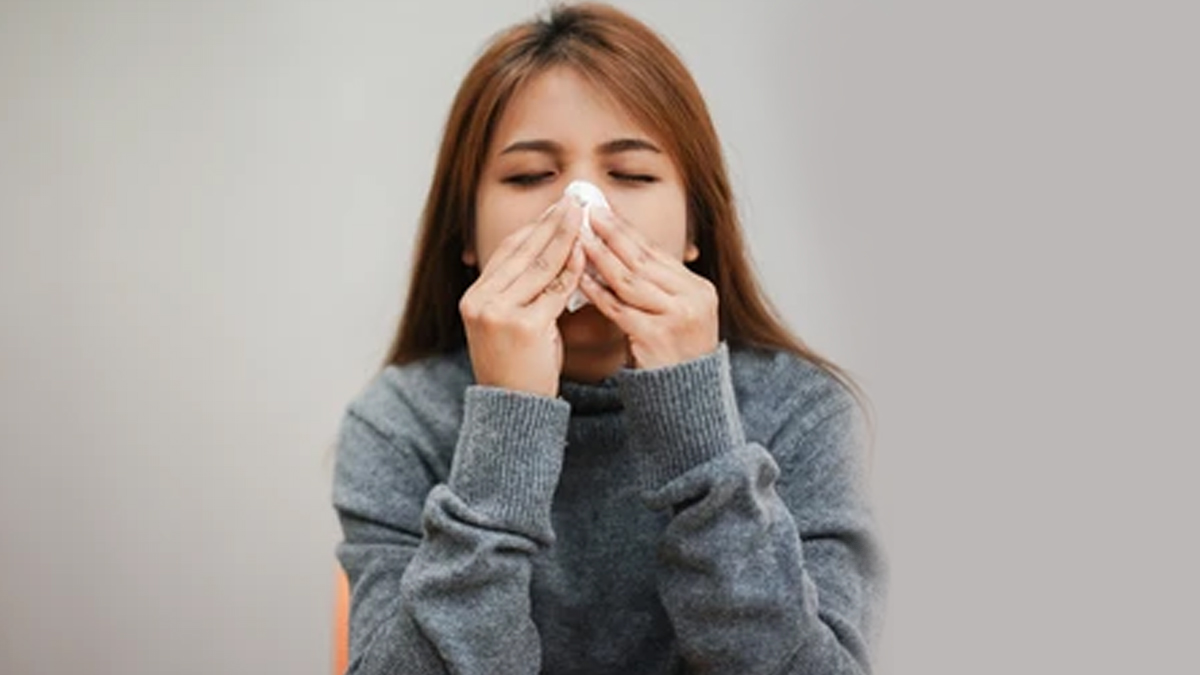
Everyone wants to smell good, but not everyone can apply a perfume or a fragrance. This is becaus 1–3% of the general population has a perfume, or fragrance allergy, which is also the second most common cause of allergic contact dermatitis, after nickel allergy. In rare cases, perfume allergy can also be life-threatening, which is why it is crucial to be alert and know for sure whether or not you too have the condition. Read to know why some people are allergic to perfumes, symptoms to watch out for, and ways to manage the allergic reactions.
Table of Content:-
Also Read: Say Goodbye to Chemicals: How to Create Personalised Solid Perfume Balms Naturally
Common Allergens In Fragrances Or Perfumes

A perfume allergy refers to a reaction people might have to chemical allergens in perfume and other fragrances. It is also a form of allergic contact dermatitis, which is an inflammatory skin disease.
According to the US Food and Drug Administration (FDA), common allergens can be divided into five categories, which are natural rubber, fragrances, preservatives, dyes, and metals.
When it comes to perfumes and fragrances, the European Commission lists 26 fragrance ingredients as allergens in Annex III of the European Union Cosmetics Directive. They are:
- Amyl cinnamal
- Amylcinnamyl alcohol
- Anisyl alcohol
- Benzyl alcohol
- Benzyl benzoate
- Benzyl cinnamate
- Benzyl salicylate
- Cinnamyl alcohol
- Cinnamaldehyde
- Citral
- Citronellol
- Coumarin
- Eugenol
- Farnesol
- Geraniol
- Hexyl cinnamaladehyde
- Hydroxycitronellal
- Hydroxyisohexyl 3-cyclohexene carboxaldehyde (HICC), (also known as Lyral)
- Isoeugenol
- Lilial
- d-Limonene
- Linalool
- Methyl 2-octynoate
- g-Methylionone
- Oak moss extract
- Tree moss extract
Symptoms Of Perfume Allergy

Symptoms of perfume allergy can vary in people, with some experiencing skin irritation, whereas others having respiratory issues. Common symptoms include:
- Headache
- Skin irritation, itching, and rashes
- Sneezing, coughing, and runny nose, also called allergic rhinitis
- Breathing difficulties
- Dizziness and fatigue
- Muscle aches
- Watery, red, and itchy eyes
- Wheezing
- Difficulty to focus
- Swelling
- Nausea and vomiting
In severe cases, some people may also suffer from anaphylaxis, which can be life-threatening.
How To Know If You Have A Perfume Allergy

If you suspect a perfume or a fragrance allergy, it is crucial to consult a dermatologist. These types of allergies can be diagnosed with a patch test, which involves applying small amounts of potential allergens to the skin.
The patch is placed on the patient's upper arm or back for 24-48 hours, following which a dermatologist observes and examines the skin for reactions, such as redness, bumps, or blisters.
For those diagnosed with perfume allergy, it is important to avoid using any type of fragrances on your skin. You can also consult your doctor or dermatologist for medications that can help treat skin irritation, itchiness, and swelling. Topical corticosteroid creams may also help provide relief. Similarly, consult a pulmonologist if you experience respiratory issues associated with an allergy.
[Disclaimer: The information provided in this article is for informational purposes only and should not be considered as medical advice. Always consult a qualified healthcare professional or dermatologist for accurate diagnosis and treatment of allergies or any other medical condition.]
Also watch this video
How we keep this article up to date:
We work with experts and keep a close eye on the latest in health and wellness. Whenever there is a new research or helpful information, we update our articles with accurate and useful advice.
Current Version
